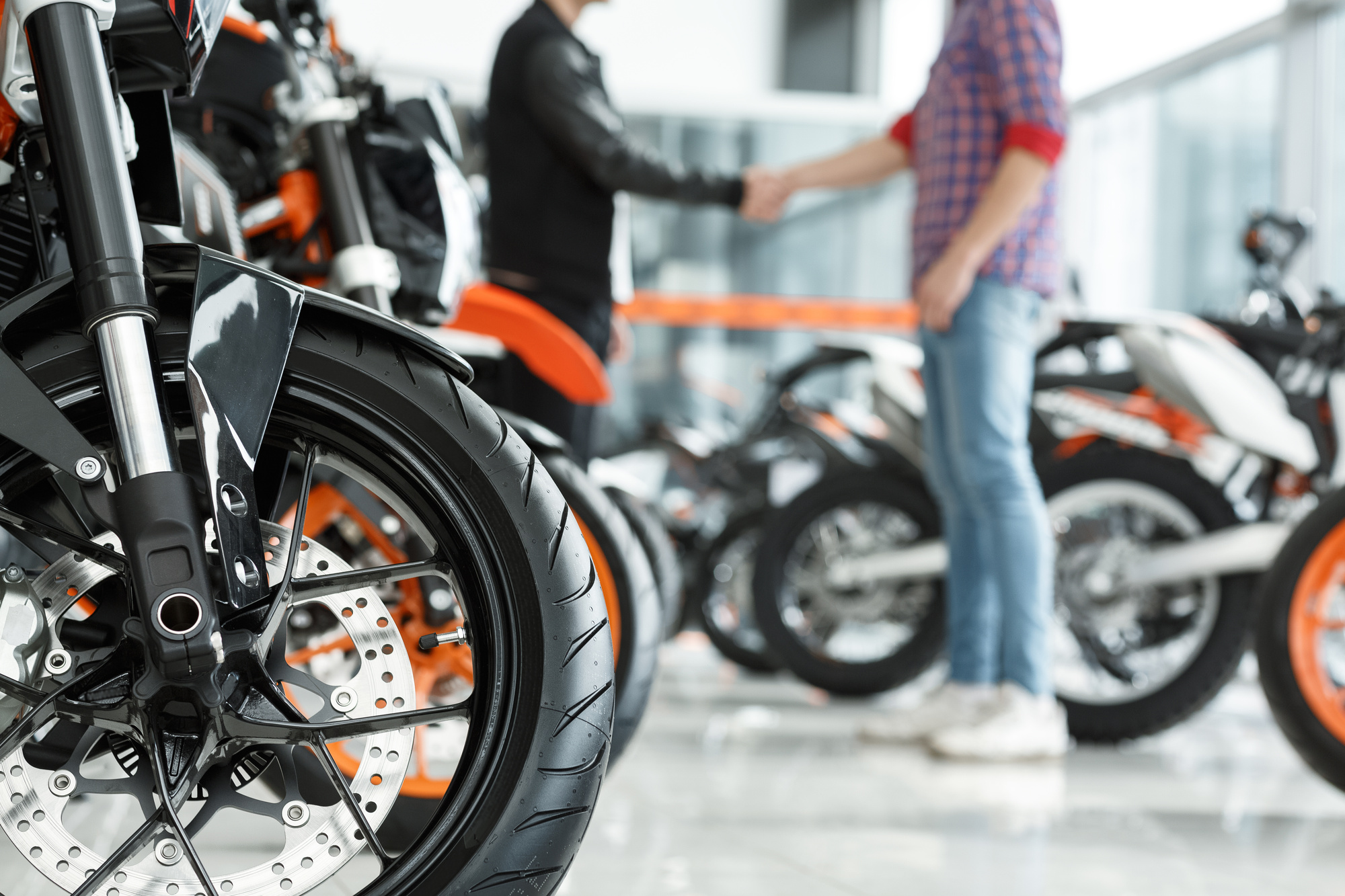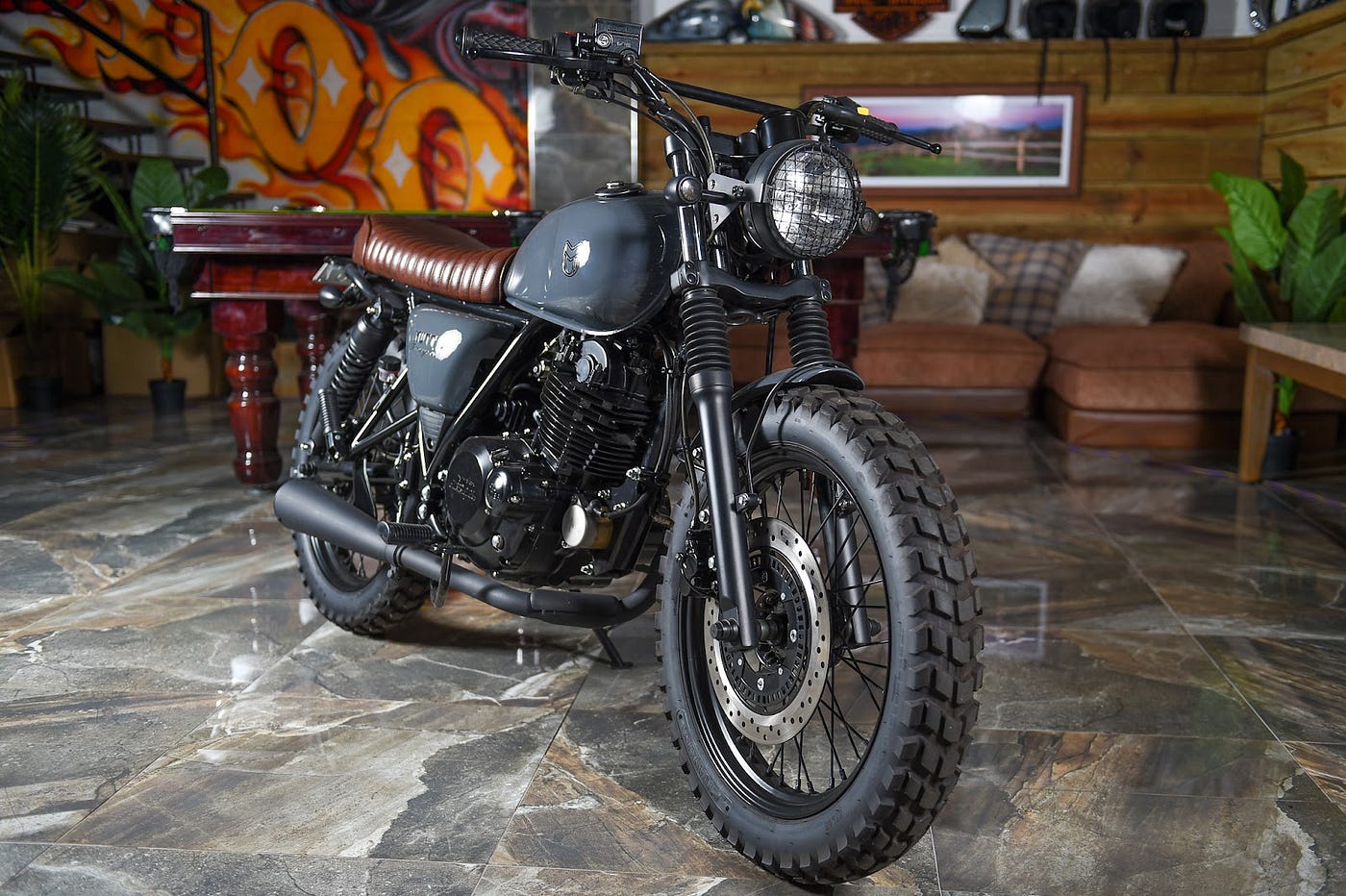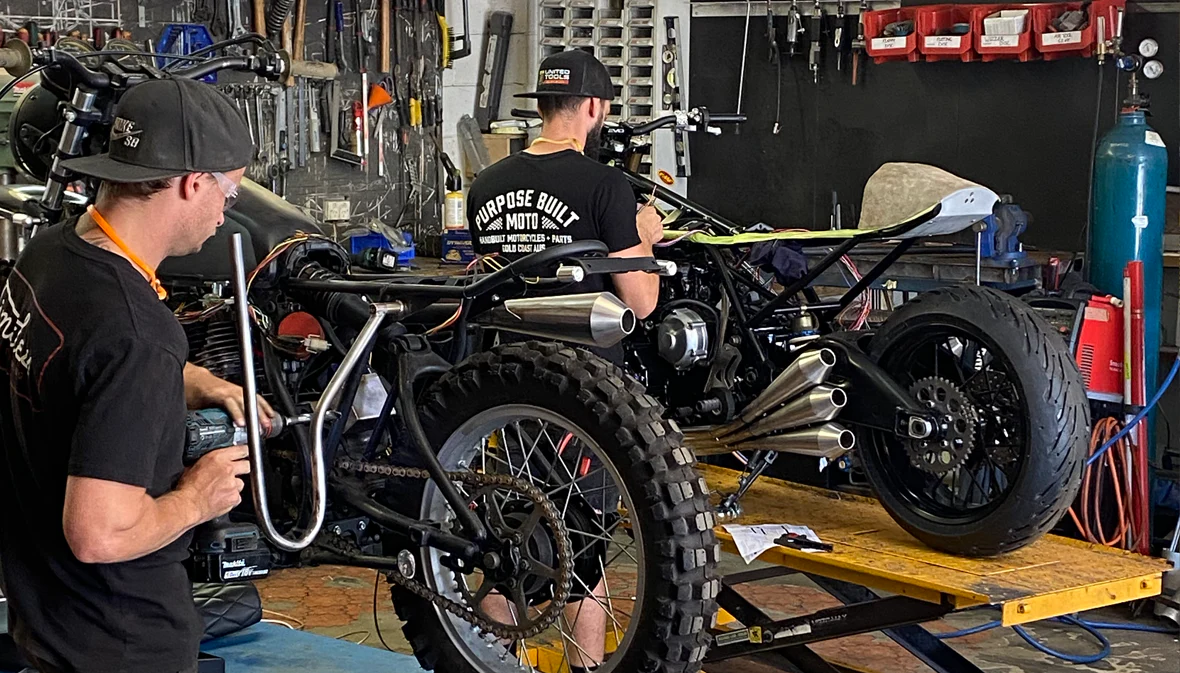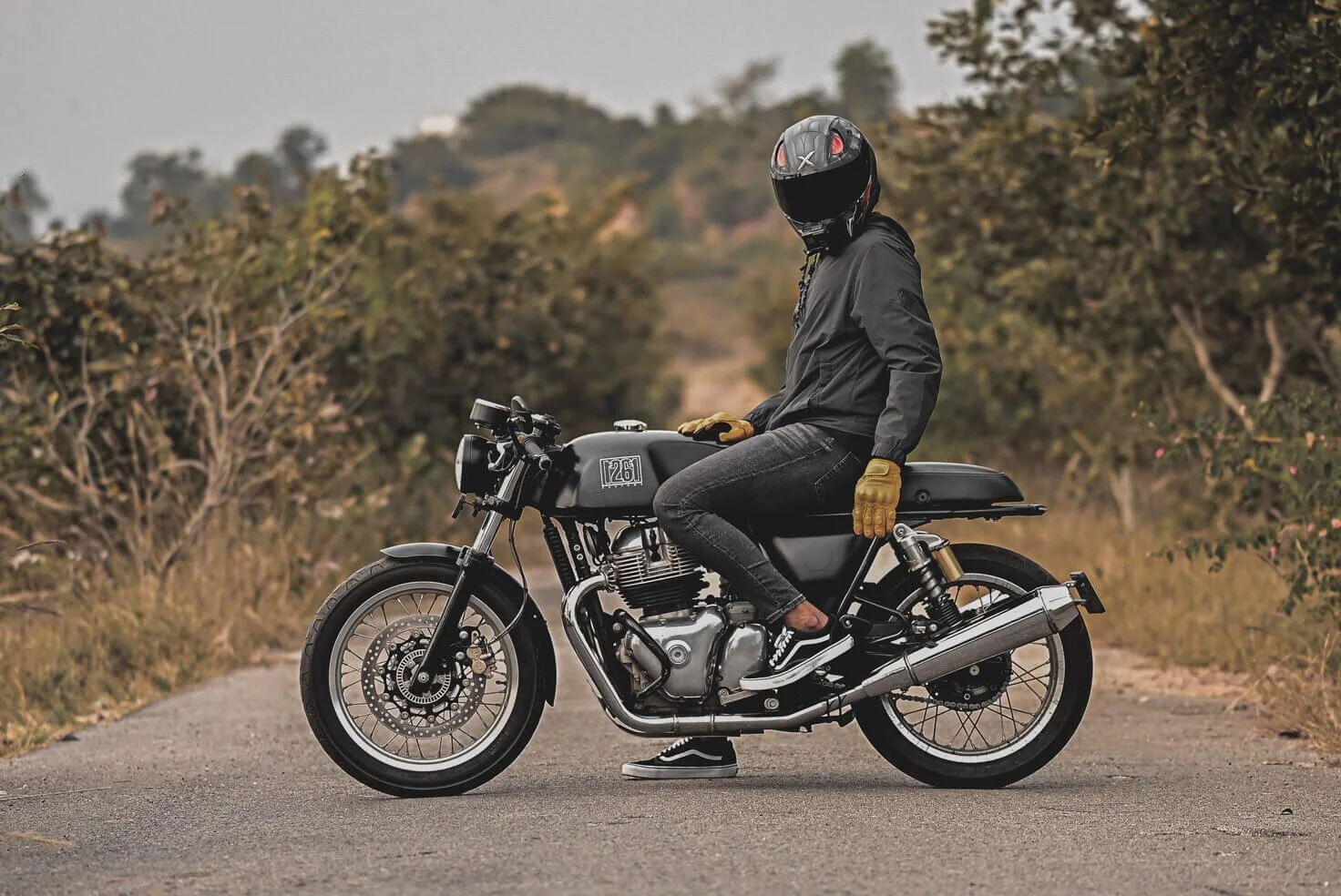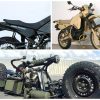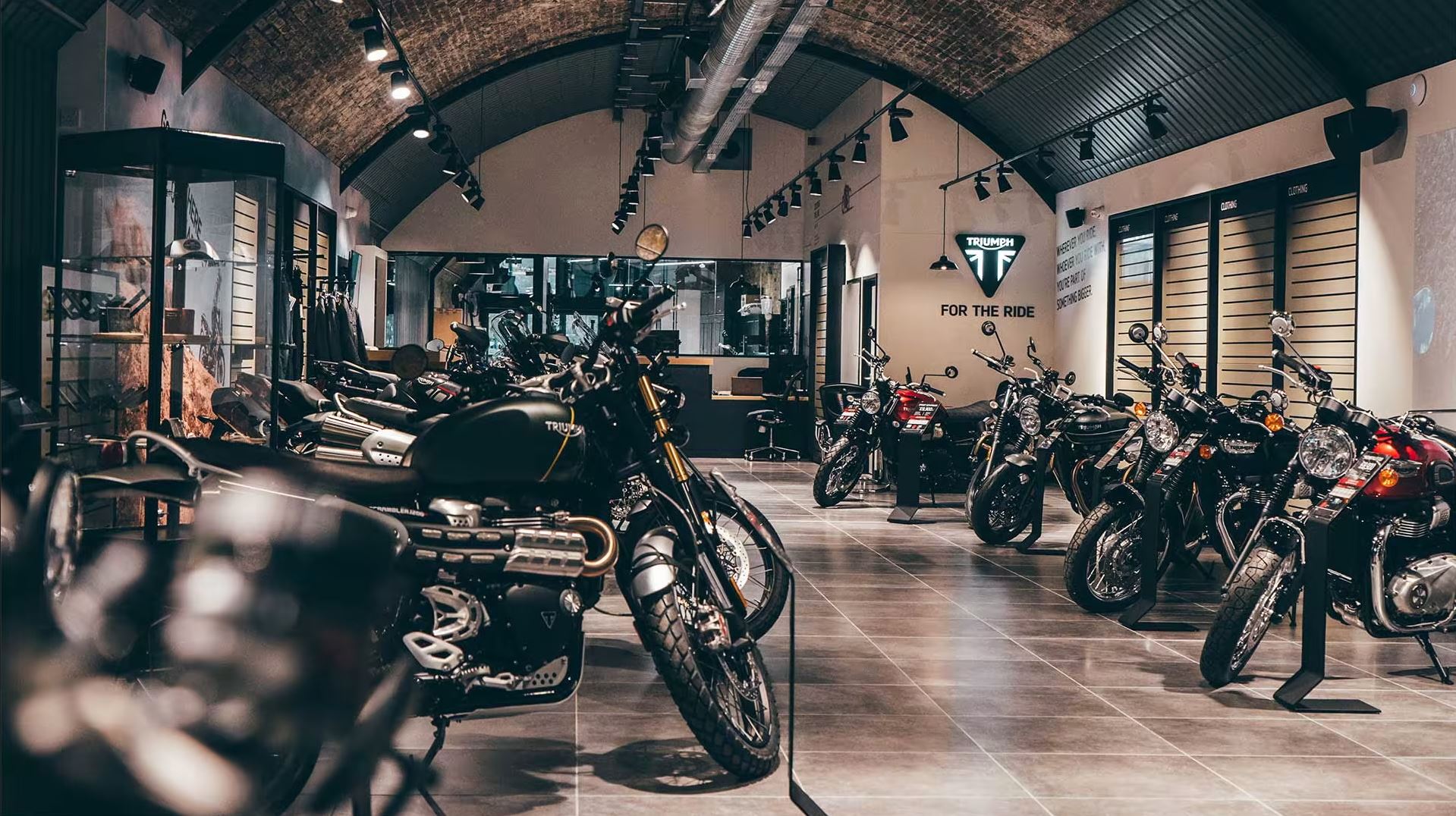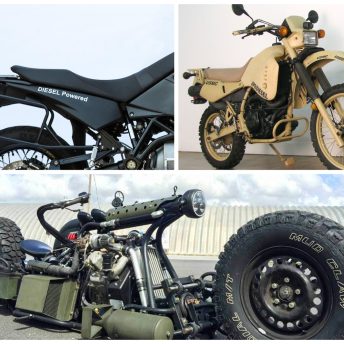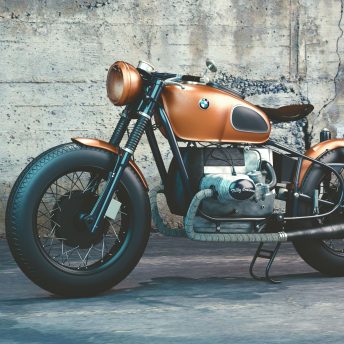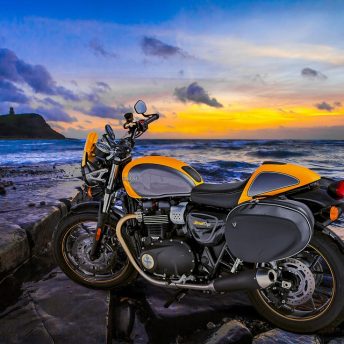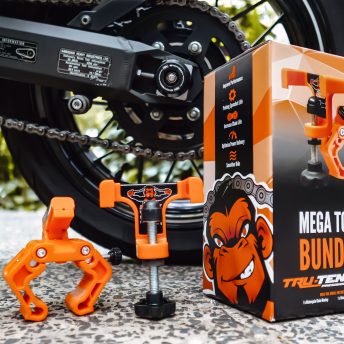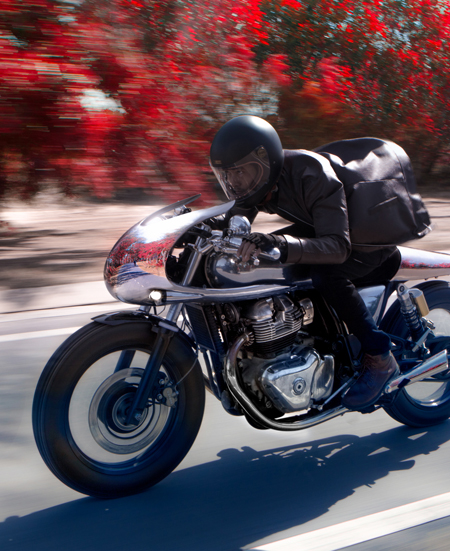So you want to join the ranks and buy yourself a cafe racer. I can hear it already: “What? You’re not building your own?”
Building a cafe racer isn’t for everyone. It takes time, patience, and most importantly, skill in order to build a truly custom cafe racer motorcycle. Sometimes it’s easier to peruse another enthusiast’s properly built project and make it your own.
You love the look, you’ve looked through listings, and it’s time to make a decision. However, not every bike (or rider) is equal, so here are some considerations that you should bear in mind as you’re making that Cafe Racer purchase.
New Or Old, It Matters
Credit: Medium
We all know that a brand new motorcycle offers reliability and convenience. The engine will turn over every single time and it’ll be dependable – at a cost. You’re paying a premium for a new bike and there are definitely some great off-the-shelf bikes to choose from.
An old bike can have its quirks but it can also be a viable choice. You’ll find significant cost savings and there are always hidden gems tucked away in someone’s garage.
As a general rule, the older a motorcycle is, the more likely there’s something that is bound to be wrong with it, meaning you’ll have to budget for repairs and maintenance.
If you want to keep costs down, learn how to DIY certain things.
A new bike can be expensive, but so can a used bike so exercise discretion and always run through your checklist when shopping a pre-owned bike. Don’t forget the mechanical inspection either.
Maintenance and Reliability
Credit: Purpose Built Moto
Regardless of whether you go with a new or old bike, there are still certain models that are well-known in the cafe racer community for being reliable.
Some in the cafe racer community do not recommend buying an Italian bike as your foundation for a cafe racer, particularly because parts can be hard to come by and are expensive. On the other hand, Japanese bike parts are plentiful and replacement parts are much more affordable. Here are some examples of popular bikes to consider:
Honda CB Series
The Honda CB series, especially models like the CB350, CB400, and CB750, are iconic choices for cafe racer projects. They are known for their reliability and there are plenty of aftermarket parts available for customization.
Yamaha XS650
This model is favored for its robust engine and simple, customizable frame. The XS650 is a classic parallel-twin that is both durable and easy to work on, making it a popular choice among cafe racer builders.
Triumph Bonneville
The Bonneville is a classic British bike that serves as an excellent base for a cafe racer due to its timeless style and solid construction. Newer models also maintain this reputation, with modern engineering improving reliability.
Suzuki GS Series
The Suzuki GS550 and GS750 bikes from the 1970s and 1980s are known for their reliability and are a good choice for those looking for a less common base bike. Their engines and frames are solid, and they adapt well to a cafe racer style.
The Best Bike May Not Be What You Envisioned
Credit: FOD Sports
It’s entirely possible that you’ve got a particular model in mind that you REALLY want to ride. However, the bike you initially envisioned might not turn out the way you expect, especially when you first see it in person.
Practical limitations may force you to reconsider a different bike. The design of a bike will limit how much you can change certain aspects. Depending on your mechanical and riding skill, some bikes are just not fit for beginners.
Don’t be tied to a certain “look” when shopping your cafe race motorcycle. It’s part of the creative process and by being flexible and adaptive in your vision, you’re more likely to find a cafe racer that fits your style, yet something you still enjoy riding.
Dealership Or Private?
Credit: Triumph Motorcycles
Deciding whether to buy a cafe racer from a dealership or through a private sale depends on several factors, each with its own set of advantages and potential drawbacks.
On one hand, buying a cafe racer from a dealership will typically offer some sort of warranty, even if it’s a second-hand bike. They’ll also offer financing options and may have more than one bike on hand to choose from. However, it’s not likely that you’ll find a steal of a deal inside a showroom and there’s not as much wiggle room for negotiating.
Some dealers will work with companies who offer nationwide motorcycle shipping, so you can expand your search, knowing that there is the option to have your purchase shipped straight to your doorstep.
On the other hand, private sellers are likely to have way lower prices and you can also get direct insights from the owner on the bike’s history. The bike will come as-is which means you assume the risk as soon as you hand over the cash and there’s higher potential for undisclosed issues.
If you have good knowledge of bikes or you’re hunting for a specific model, buying from a private seller might be your best bet. It all depends on your personal preferences and risk tolerance and as we said before, it’s caveat emptor and we always encourage buyers to do their due diligence.
